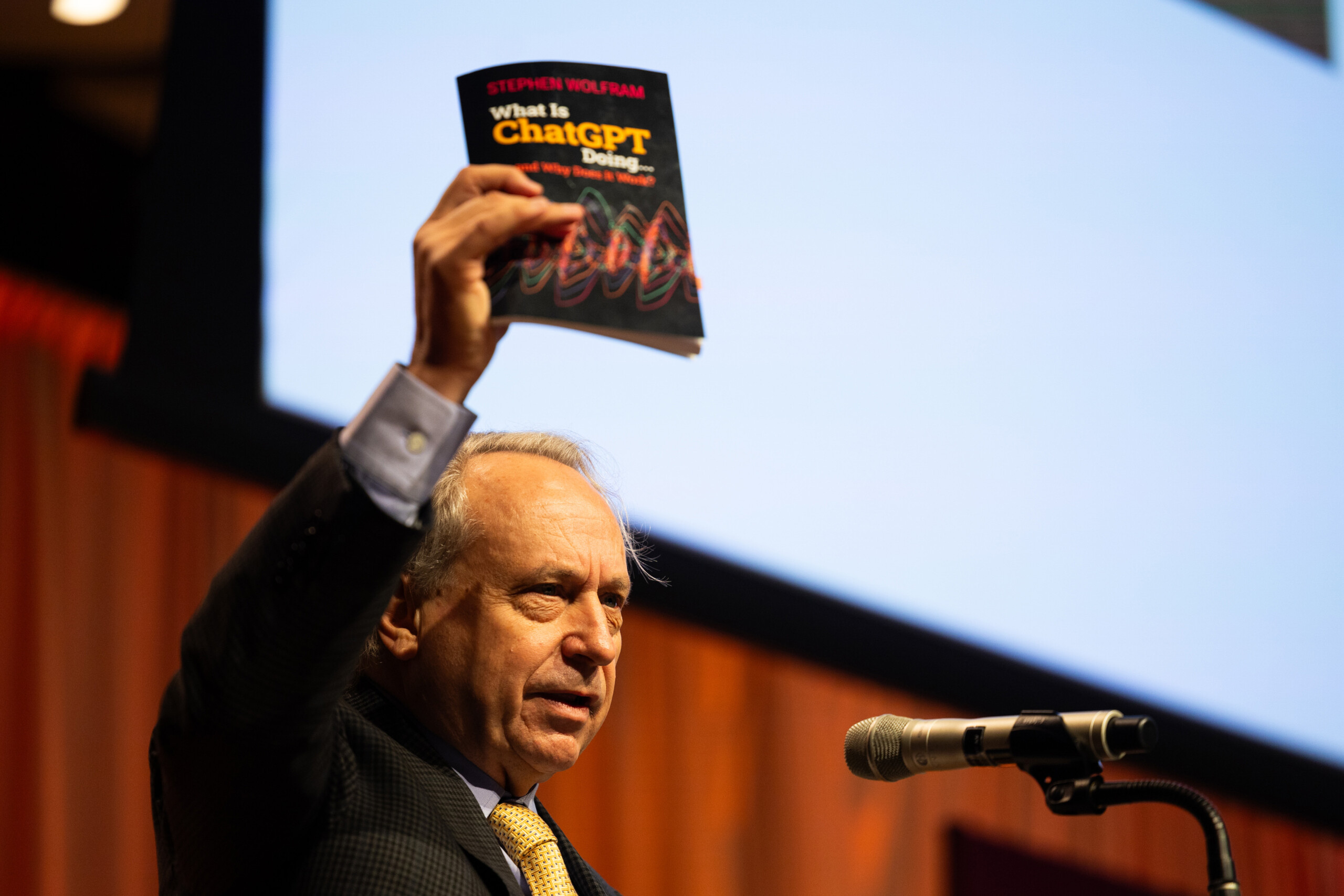Speaking at the symposium titled “Generative AI: Shaping the Future” on November 28, the first event of MIT’s Generative AI Week, Rodney Brooks, the keynote speaker and co-founder of iRobot, advised attendees to be cautious about overestimating the capabilities of this emerging technology. He highlighted that technologies like OpenAI’s ChatGPT and Google’s Bard are built on generative AI and warned against falling into the trap of exaggerated expectations that could lead to failure. Brooks, a professor emeritus at MIT and the former director of the Computer Science and Artificial Intelligence Laboratory (CSAIL), as well as the founder of Robust.AI, emphasized the dangers of hype breeding arrogance and emphasized that no single technology has ever reigned supreme over all others.
The symposium, which took place at MIT’s Kresge Auditorium and drew a crowd of hundreds from academia and industry, conveyed a message of optimism regarding the potential of generative AI to make a positive impact on the world, particularly in areas like art and creativity. However, it also underscored the importance of responsible development to mitigate risks associated with this technology.
Generative AI, which involves machine-learning models capable of creating new content resembling their training data, showcases impressive capabilities such as generating human-like creative writing, language translation, coding, and image creation based on textual cues.
MIT President Sally Kornbluth, in her opening speech, highlighted various projects where generative AI was utilized for societal benefit. For example, the Axim Collaborative, an online education initiative by MIT and Harvard, explores how generative AI can support underprivileged students in their educational pursuits.
MIT recently granted seed funding for 27 interdisciplinary faculty projects focusing on the societal implications of AI, demonstrating the institution’s dedication to fostering innovation in this field.
Generative AI Week at MIT aims not only to demonstrate innovation but also to encourage collaborative exchanges among participants, advocating for a multidisciplinary approach to tackling the challenges and opportunities presented by generative AI.
CSAIL Director Daniela Rus, in her introductory remarks, pondered on how advanced machine learning models are blurring the boundaries between science fiction and reality. She stressed the importance of leveraging these tools effectively to drive business growth and sustainability while emphasizing the need for responsible development to avoid potential pitfalls. Rus envisioned a future where generative AI acts as a positive force for good, bringing hope and progress.
The symposium featured MIT faculty sharing their research on generative AI and participating in a panel discussion on future advancements and ethical considerations in AI development. The panelists stressed the significance of ethically deploying generative AI tools and engaging with policymakers and the public to ensure responsible practices.
The morning session concluded with a roundtable conversation on the future of generative AI, exploring the potential for AI models to exceed human capabilities and emphasizing the importance of establishing trust in AI systems for their safe integration into real-world applications.






